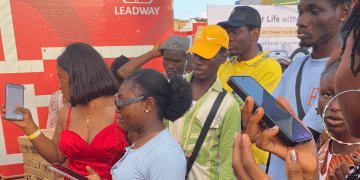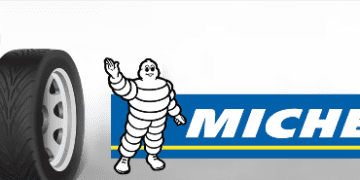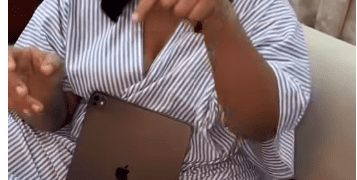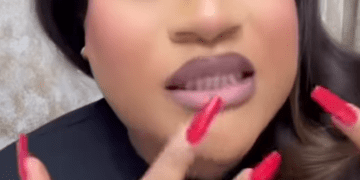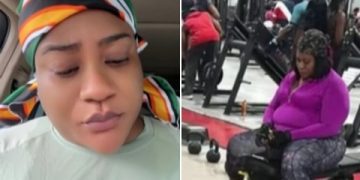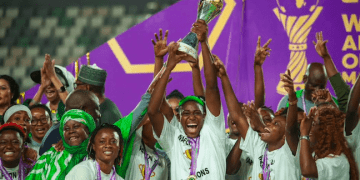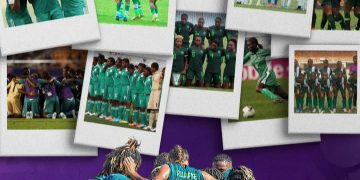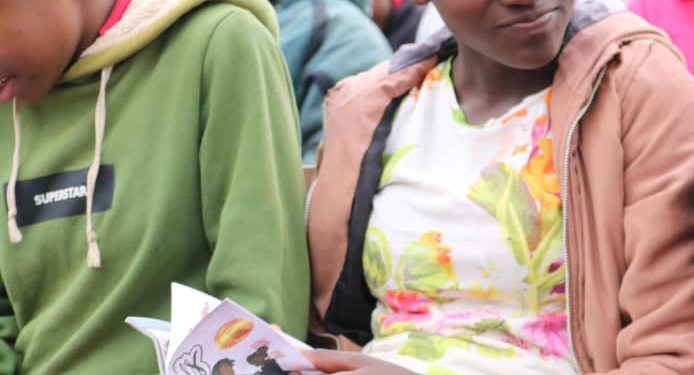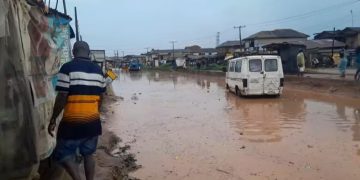By our Reporter
Across Africa, thousands of girls are forced to miss school each month because they lack access to sanitary products, health education, or supportive communities. This challenge, known as period poverty, continues to undermine education, confidence, and equality for young women. Yet, across the continent, a wave of organizations is stepping in with innovative solutions that are breaking barriers and restoring dignity.
In West Africa, PadHer is transforming the way girls learn about their bodies by replacing traditional workshops with comics, animations, and interactive games. The initiative has already reached more than 100,000 girls across Ghana, Nigeria, and Kenya, teaching in 15 African languages to make menstrual health education both inclusive and engaging. Alongside its educational work, PadHer distributes reusable kits containing pads, underwear, and carry bags, helping young women remain confident and present in school. Its efforts have gained international recognition from platforms such as HundrED and EduEvidence, positioning it as a leading force in the movement against period poverty.
In Kenya, the Nairobi-based ZanaAfrica Foundation has developed a model that combines the distribution of safe and affordable sanitary pads with comprehensive health education. Through its Nia Teen magazine, the organization reaches tens of thousands of girls while also influencing national conversations on youth health and education policy.
Further north in Ethiopia, Dignity Period is ensuring that young women have both the resources and the supportive environments they need to succeed. By providing high-quality reusable pads and working with schools to create positive learning spaces, the organization has helped reduce absenteeism and empower girls to continue their education with confidence.
Together, these initiatives illustrate the power of creativity, community, and determination in addressing one of the most overlooked barriers to girls’ education. From Ghana to Kenya to Ethiopia, the fight against period poverty is gaining momentum, offering a vision of a future where no girl is forced to choose between her dignity and her education.

